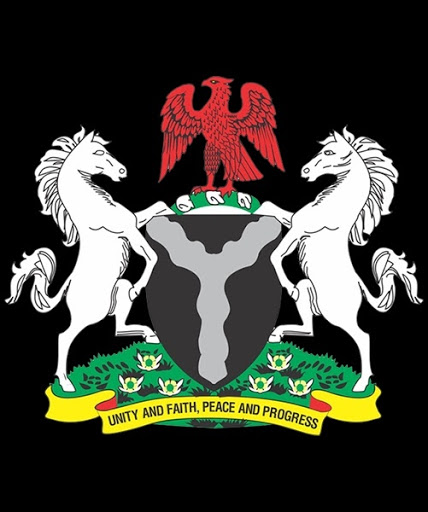By Godwin Anyebe
As Nigeria faces growing economic challenges, the proposal to increase the Value Added Tax (VAT) to 10% under President Bola Tinubu’s administration is drawing significant attention. While the move is aimed at generating additional revenue to stabilize the economy, it is crucial to pause and reflect on its broader impact, especially on the already struggling populace and the nation’s businesses.
Increasing VAT may seem like a viable solution for boosting government revenue, particularly as the country grapples with dwindling oil revenue and a large fiscal deficit. But a closer look reveals that this could exacerbate existing economic pressures, particularly for low-income Nigerians and small businesses. The consequences of higher taxes on goods and services will likely push up inflation, which has been a persistent problem in Nigeria for years. The ripple effect will inevitably be felt by the average Nigerian, who is already grappling with the high cost of living.
Let’s not forget that VAT is a consumption tax, and raising it will disproportionately affect those with less disposable income. Basic goods and services that many Nigerians rely on could become more expensive, further deepening the inequality gap. Moreover, small and medium-sized enterprises (SMEs), which form the backbone of the country’s economy, will also face increased operating costs, leading to a possible reduction in investment, layoffs, or even closures.
A glance at recent history should serve as a reminder. In 2020, the Nigerian government increased VAT from 5% to 7.5%, aiming to raise funds for critical infrastructure and public services. However, the immediate impact was an increase in inflation and a decline in consumer purchasing power. This occurred at a time when the economy was already struggling with the effects of the COVID-19 pandemic. Fast-forward to today, and the circumstances have hardly improved. The economic challenges are more pronounced, with fuel price hikes, currency devaluation, and skyrocketing food prices compounding the burden on the average Nigerian.
Before implementing another VAT increase, the government should consider alternative revenue-generating mechanisms. A more effective tax collection system that reduces leakages and evasion could help improve revenues without punishing the populace. Additionally, focusing on expanding the tax base—bringing more individuals and businesses into the formal economy—could be a more sustainable approach.
It is equally important for the Tinubu administration to prioritize improving governance and ensuring that public funds are used transparently and efficiently. Nigerians need to see the tangible benefits of their tax contributions. If public confidence in how tax revenues are managed remains low, increasing VAT might be perceived as nothing more than another burden without corresponding benefits.
President Tinubu must weigh the long-term implications of this decision. Without adequate measures to cushion the impact on the most vulnerable segments of society, raising VAT could stifle economic recovery rather than fuel it. A thoughtful, inclusive approach that takes into account the welfare of ordinary Nigerians will be crucial for maintaining public trust and fostering a more stable economic environment.
Nigeria cannot afford to repeat the mistakes of the past. Instead, the focus should be on long-term structural reforms, rather than quick fixes that place further strain on the masses. Increasing VAT to 10% may seem like an easy way to raise revenue, but the social and economic cost may outweigh its benefits.







